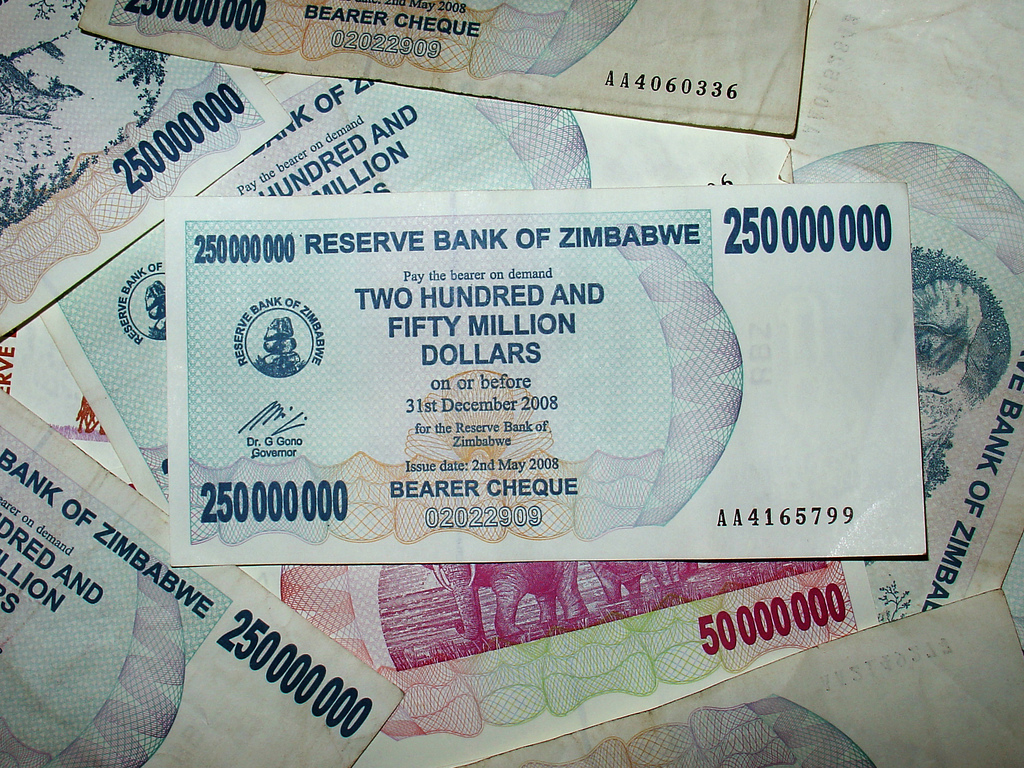“Zimbabwe is need of an alternative to cash, more so than any other country in Africa.”
– Fortune Magazine
In the late 2000s, Zimbabwe endured the worst form of inflation, which came to a head in 2008; at that point, a can of Coca-Cola cost ZIM$150 billion at the close of the business day, ZIM$100 billion more than it cost at the start of the same day. The hyperinflation led the Zimbabwean government to abandon their currency for a more stable one. Today, the economy of Zimbabwe subsists almost solely on the US Dollar.
Of course a move like that comes riddled with problems. The numbers of bills in circulation are limited and coins are almost non-existent, leaving shoppers to accept change for purchase in the form of chewing gum, cigarettes, and other small items.
“When payments are made at stores, change can be provided in the form of an airtime top-up or mobile money.”, said Strive Masiyiwa, founder and chairman of Econet Wireless, when he announced that the company would turn its mobile wallet technology, EcoCash, into Zimbabwe’s primary method of payment. Principally, he wants to replace the country’s current printed bills with a digital alternative.
Already, in Zimbabwe, Ecocash’s strategy of providing an alternative medium of exchange from physical dollars has filled a basic consumer need, in an economically troubled country, and taken advantage of the limited printed bill situation.
Since a large portion of the population are not formally banked, EcoCash has registered 31% of Zimbabwe’s adult population, a group responsible for more than $200 million in transactions per month — that’s about 22% of the country’s GDP — using their mobile phones. And they launched an Econet subsidiary Steward Bank, Ecosave, which allows otherwise “unbanked” people to safely put away money for emergencies, turning it into the country’s largest bank by number of accounts.
Similar to MTN in Nigeria, Econet’s focus is no longer solely telecommunication, and it is now staking much of its future growth in Zimbabwe on non-voice revenues that come from programs like EcoCash, and Econet has embarked on an aggressive merchant acquisition campaign to help EcoCash become Zimbabwe’s dominant payment system for all retail transactions. It is sacrificing short-term profitability by paying out 80% of revenue in agent commissions to build a strong and dedicated network, and using bank-grade technology to fast-track interoperability with Zimbabwe’s major financial institutions to make it easier to deploy new mobile services.
Fully replacing cash is extremely aspirational, and it certainly seems overly futuristic, but if successful, EcoCash could overtake M-Pesa – which with a four-year head start has signed up two-thirds of the adult population in Kenya and extended it’s services to Europe – and make Zimbabwe the first paperless economy in Africa.



















